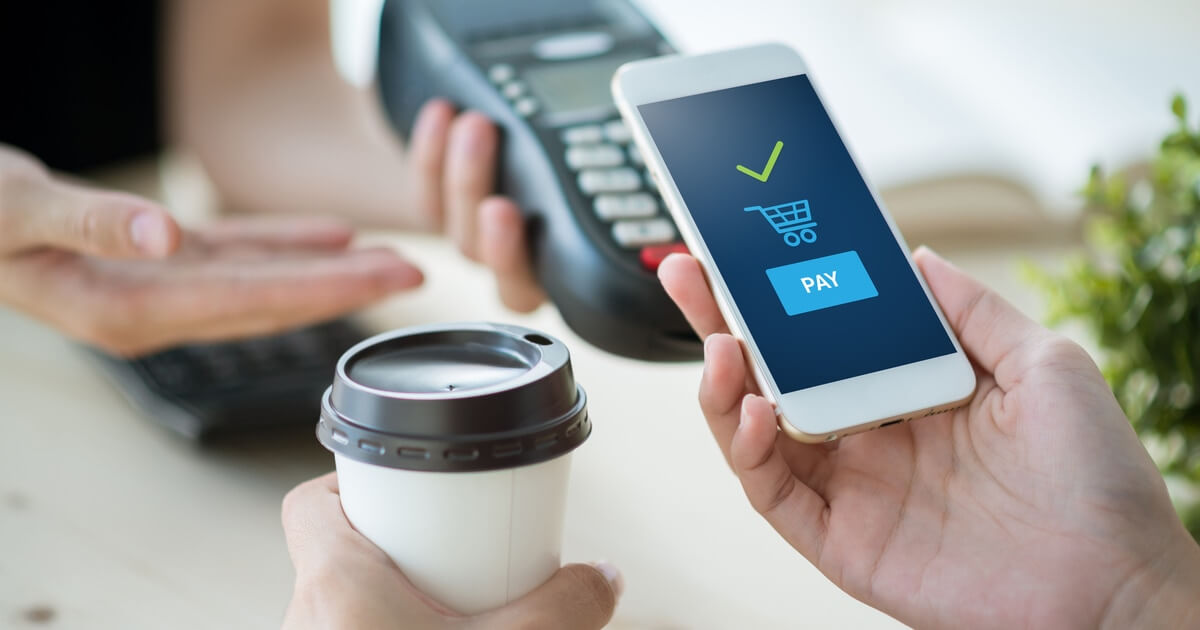The End of Physical Cash is an Inevitable Reality and Not to be Feared Says Union Bank President
Nicholas Otieno Apr 05, 2020 06:04
As the world tries to come to terms with the coronavirus outbreak, recently Edwin Bautista chief executive and president of UnionBank of the Philippines revealed how digital services could support consumers as they increasingly self-isolate themselves or have to work remotely for an extended timeframe. The fintech leader projected the end of cash as the coronavirus crisis provokes banks to fast track the shift towards digital. But will the end of physical cash become a reality? The trend towards cashless remains inevitable as the current events seem to accelerate this process.


The Chief Executive and President of UnionBank of the Philippines, Edwin Bautista, has predicted that the coronavirus pandemic will drive banks to fast track the shift toward digital currencies, therefore abandoning the use of physical money. Bautista said that the outbreak has caused rising demand for online banking services, thus pushing banks to rethink and revise their digital strategy. Bautista mentioned that the pandemic has provoked the need for all banks to go digital now. The executive predicted the beginning of the end of physical cash. Will hard cash disappear? Many technology cheerleaders like Edwin Bautista believe so. But how will that be possible?
Cashless Societies Are Already A Reality
A cashless society may sound like a huge transition, but in many places across the globe it is already a reality. Several jurisdictions across the world encourage their citizens to conduct all financial transactions electronically. Governments are seeking to limit the use of cash to enable the authorities to mroe effectively prevent tax evasion and control over the economy.
Advancing technologies, especially smartphones, have driven the rapid growth of the digital economy and enabled non-traditional financial solutions to explode. Across Europe, account-to-account payment services are increasing rapidly. Singapore, Australia, and Canada are among the countries, which are licensing non-banks to initiate mobile and digital payments. In Asia, China’s Alipay and WeChat, which mix high functionality and low-cost transaction features with lifestyle and shopping features are already leading the way. In the United States, credit card transactions are increasingly being used (62.97%). In sub-Saharan Africa, the mobile money operator model – where customers transfer mobile phone credit – becomes increasingly strong, led by Kenya’s mobile telephone banking service (M-pesa) that has since expanded to India, Albania, South Africa, Romania, and Afghanistan. Furthermore, governments of Latin American countries encourage citizens to use electronic payments to eliminate corruption.
The coronavirus outbreak has had critical consequences that have led to the disruption of business activities in several economic sectors. The crisis is forcing various institutions across the globe to rethink of cash – the germy surface, which most consumers touch each day. The concern over cash amid the virus may drive adoption of contactless and mobile payments options range from Google Pay, Samsung Pay, and Apple Pay, where consumers use smartwatches or smartphones to credit cards with a NFC chip and to pay in stores.
The virus is wreaking havoc to the world’s economy, with central banks in Lebanon, the US, Egypt, and many other nations have imposed cash limits. South Korea’s central bank mentioned that it was taking all banknotes out of circulation for two weeks and even burning some to minimize the spread of the coronavirus. It follows China’s massive initiative involving deep cleaning of potentially infected cash notes with ultraviolet light and high temperatures and even destroying some. Besides that, the Louvre museum in Paris banned cash due to the virus outbreak. The world’s largest museum decided to accept only credit card payments to make employees feel more comfortable about returning to work.
Various governments already encourage citizens to adopt the use of electronic payments so that to control the spread of the coronavirus. New payment systems using technologies such as credit cards and cryptocurrencies already allow consumers to make even small purchases using ubiquitous smartphones and other portable devices. These have already brought the dream of a cashless society within reach.
The Future of The Financial Sector Relies on Blockchain
The future of the financial industry relies on the whole shift from a physical to the digital world. Banks and companies across the world are increasingly adopting blockchain technology on a large scale for payment settlements. They no longer require heavy clearing and settlement systems for international instant payments. The use of blockchain among companies and banks enable settlement of international payments in real-time. Blockchain technology enables both big and small businesses to improve short-term liquidity. Moreover, central banks across the globe are increasingly adopting blockchain for faster international payments and therefore manage liquidity far more effectively.
Blockchain has become a significant tool that provides particular insights into how the coronavirus spreads. Financial institutions and companies are keen on deploying blockchain to enable mobile payments, electronic payments, and cryptocurrency transactions through digital wallets. With the rise of transactions happening by digital payments methods, the number of cash transactions is constantly declining. A cashless society is becoming inevitable. At some point in the future, governments would have to eliminate reliance on cash.
Image via ShutterstockImage source: Shutterstock
.jpg)